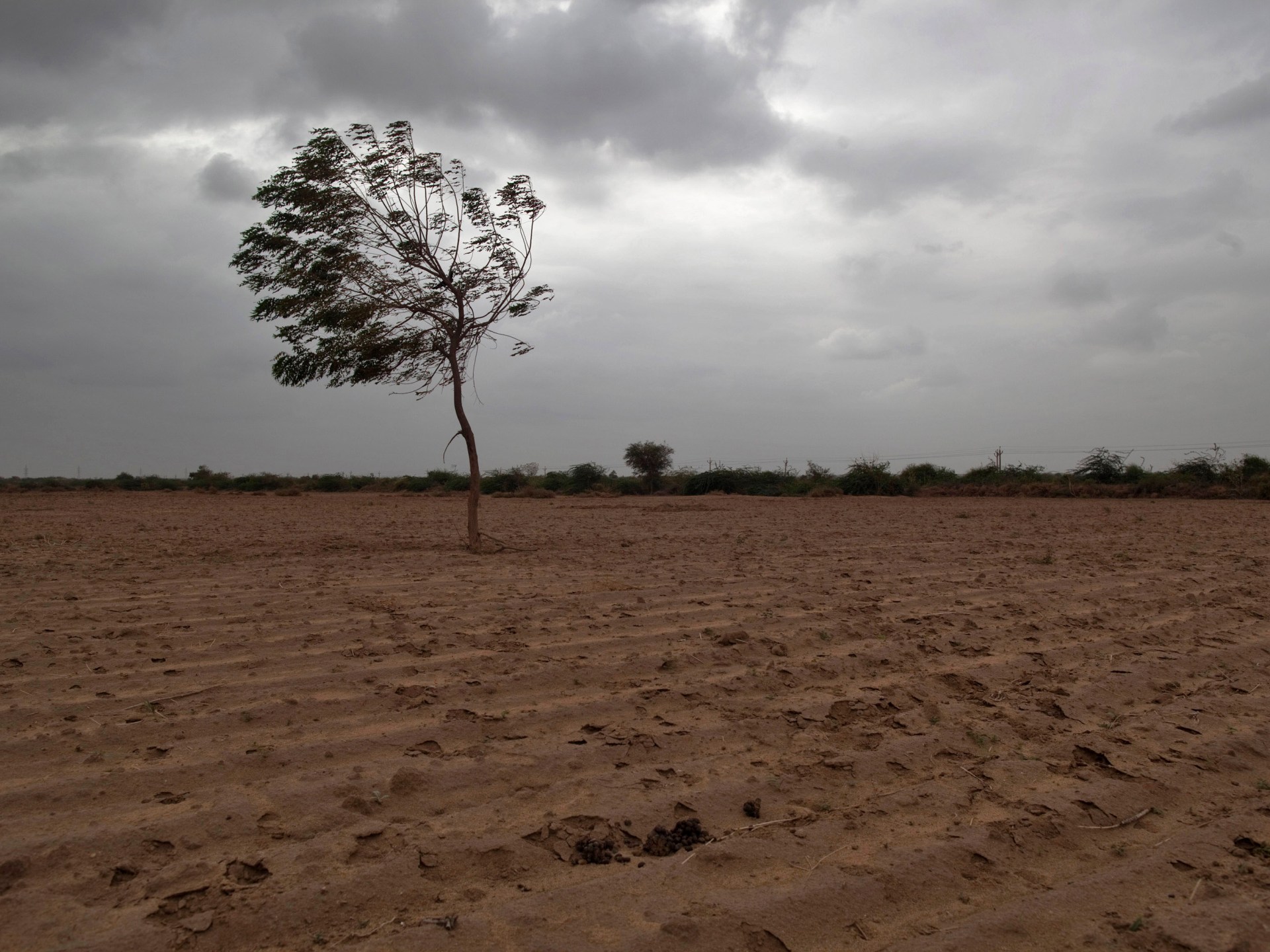Tunisia’s President Saied sacks prime minister
The dismissal comes ahead of Tunisia’s October 6 presidential election and amid a continuing crackdown on critics.
Tunisian President Kais Saied has sacked Prime Minister Ahmed Hachani and replaced him with the social affairs minister.
The statement from the president’s office late on Wednesday did not specify why Hachani was removed.
Hachani had taken office on August 1 last year, replacing Najla Bouden, who was also dismissed without an official reason by Saied.
A few hours before he was dismissed, Hachani said in a video message that the government had made progress on a number of issues despite global challenges, including securing the country’s food and energy needs.
His replacement, Kamel Madouri, had only taken on the social affairs portfolio in May.
In a social media post from his office, Saied is shown shaking hands with Madouri with a brief statement saying only that the president had “decided to assign him to head the government, succeeding Mr Ahmed Hachani”.
The sacking comes ahead of Tunisia’s October 6 presidential election, in which Saied is seeking another term, and amid widespread discontent over continuing water and electricity outages in many parts of the country.
While the government attributes these issues to a persistent drought, leading to the implementation of a water distribution quota system, Saied claims that the water cuts are a conspiracy in the run-up to the presidential election, insisting that the dams are actually full.
The agriculture ministry says the dam level is extremely critical and has reached 25 percent.
A growing crackdown
Saied was democratically elected in 2019 but orchestrated a sweeping power grab in 2021. He faces criticism from the opposition, human rights groups and candidates for restricting and intimidating competitors to pave the way for him to win a second term.
Earlier this week, an opposition figure and potential presidential candidate was sentenced to two years in prison.
Lawyer Abir Moussi was arrested last year after criticising the electoral process, and investigated under a controversial cybercrime decree outlawing fake news. The sentence is the latest in a growing crackdown that observers have said is politically motivated against Saied’s critics, regardless of political affiliation.
Moussi appeals to parts of the population that are nostalgic for Tunisia’s pre-revolutionary era. A critic of politicians such as imprisoned Ennahdha leader Rached Ghannouchi, Moussi was an official in longtime President Zine El Abidine Ben Ali’s ruling party.
Tunisia’s constitution was rewritten in 2022 to create a presidential regime whose parliament has extremely limited powers.




